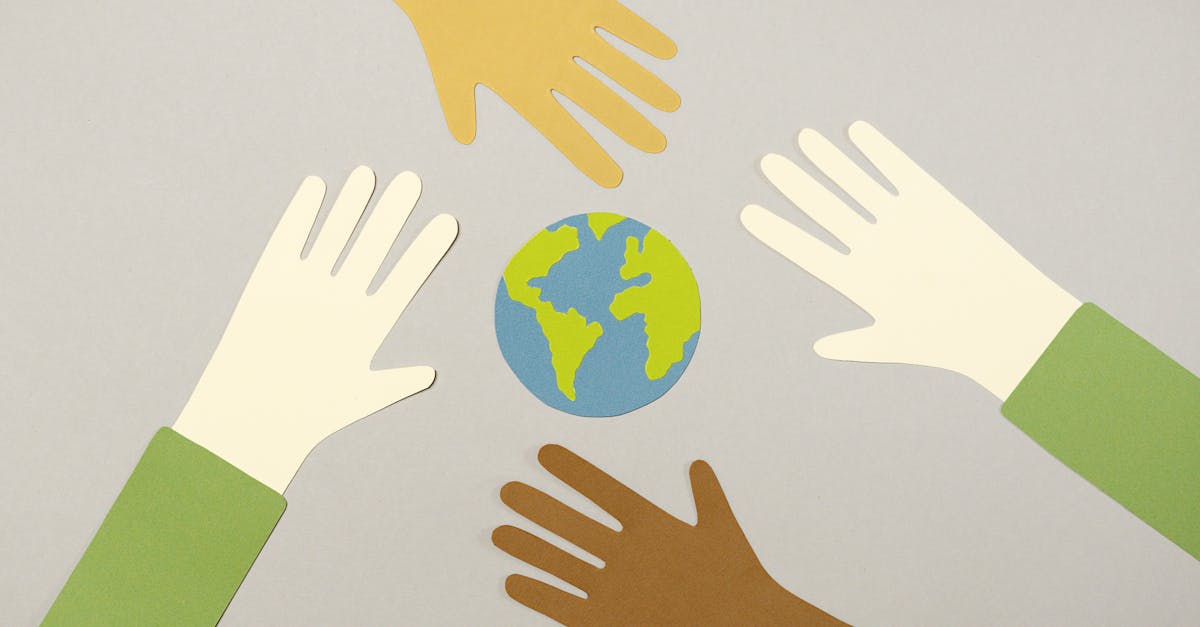Why Podcasts Are The New Talk Shows A 2024 Perspective
Introduction
In today's digital age, podcasts have emerged as a new form of media sensation. As traditional talk shows face declining viewership, podcasts steadily gain popularity, appealing to diverse audiences. In 2024, the evolution of podcasts into a widely embraced talk show format highlights a significant shift in how people consume audio content.
Advertisement
Rise of On-Demand Content
The world has grown accustomed to on-demand media, preferring content available at their convenience. Podcasts cater to this need, allowing users to listen anytime, anywhere—whether commuting, working out, or cooking. This flexibility gives podcasts an edge over traditional talk shows, drawing listeners who crave adaptability.
Advertisement
Extensive Range of Topics
From politics to true crime, podcasts cover an extensive range of subjects, far broader than typical talk shows. This variety ensures there's a podcast for every interest, catering to niche communities and general topics alike. Consequently, listeners find podcasts to be a more inclusive medium offering diverse viewpoints.
Advertisement
Accessibility and Cost Efficiency
Podcasts offer a low-cost entry point for both creators and listeners. Unlike traditional media, which often requires significant investment, podcasts can be produced with minimal equipment and expense. Additionally, many podcasts are free, removing cost barriers for audiences who might otherwise not tune in to traditional talk shows.
Advertisement
Global Reach and Diverse Voices
Podcasts transcend geographical boundaries, with creators from different countries contributing to the global dialogue. This accessibility fosters diverse voices and perspectives that might be absent from conventional talk shows. As more listeners value inclusivity, podcasts fulfill their desire for varied and international content.
Advertisement
Interactive and Community-Driven
The podcasting world thrives on interactivity, often inviting audience feedback and participation. Communities form around popular podcasts, creating dedicated fan bases and micro-networks. This engagement fosters a sense of belonging and personal connection absent from the more passive consumption of traditional talk shows.
Advertisement
Innovative Storytelling Techniques
Podcast creators continually explore innovative storytelling methods, blending narrative journalism, interviews, and first-person stories. This creative experimentation leads to engrossing audio experiences that captivate listeners, blurring the lines between education and entertainment in ways traditional shows often fail to achieve.
Advertisement
Effectiveness of Host-Audience Connection
Podcasts rely on intimate connections between hosts and listeners, fostering a sense of friendship. Conversely, talk show hosts are often perceived as distant figures. This closeness drives podcast popularity, as audiences appreciate a personal voice offering information, comfort, or inspiration in their daily lives.
Advertisement
Influence on Public Discourse
Podcasts have rapidly become influential platforms, shaping public opinion and elevating underrepresented voices. As their reach grows, more listeners turn to podcasts for news, perspectives, and entertainment, marking a pivotal transition from conventional talk shows as primary dialogue sources.
Advertisement
Conclusion
In conclusion, the rise of podcasts as the new talk shows in 2024 highlights changing media consumption patterns. Their adaptability, diversity, and personal touch make them a compelling alternative to traditional formats. As podcasts continue to evolve, their role in influencing and reflecting public discourse will undoubtedly strengthen.
Advertisement


